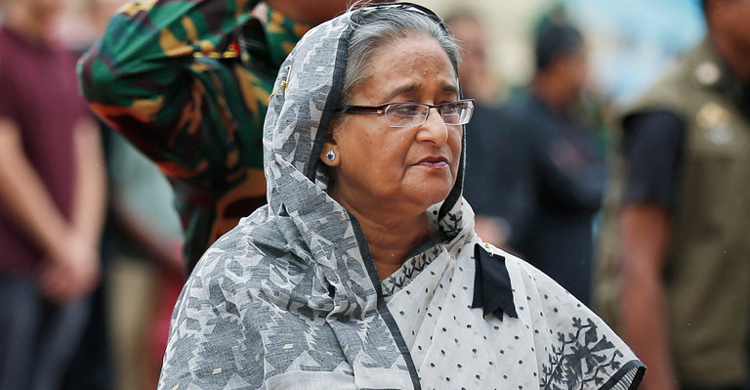Shock and Denial in Bangladesh

Bangladesh is still in shock and mourning after the brutal terrorist attack in the country’s capital, Dhaka, last Friday when five or more young jihadists burst into a restaurant and tortured and killed at least 20 people, mostly foreigners.
On Thursday, a bombing at a prayer ground where tens of thousands of people gathered for Eid al-Fitr, the holiday that concludes the holy month of Ramadan, killed two police officers and a civilian.
These attacks raise urgent questions about the ability of the government of Prime Minister Sheikh Hasina to deal with a rising terrorist threat at a time when the Islamic State is expanding its reach around the world.
The Islamic State said it was responsible for last Friday’s attack, and promised more in a video released Tuesday, but the government is clinging to the idea that a local jihadist group is to blame.
Over the last three years, the Islamic State and Al Qaeda have claimed responsibility for several of the hacking deaths of more than 40 people in Bangladesh.
Last fall, foreign intelligence agencies warned that terrorists linked to the Islamic State were planning to ramp up activities in Bangladesh, but Ms. Hasina dismissed the warnings, saying the attacks were a conspiracy by the political opposition to harm her government.
Ms. Hasina’s obsession with obliterating opponents has deeply polarized traditionally tolerant Bangladesh.
Last month, she ordered mass arrests that swept up more than 11,000 people. She has also moved to curb free speech and muzzle dissent.
No doubt, toxic local politics have nourished homegrown terrorist groups. But any links between them and the Islamic State or Al Qaeda should be cause for deep concern, as is the evidence that radicalization has spread to the heart of the country’s elite.
The attackers on Friday were from well-off families. One was the son of a former city leader in the prime minister’s Awami League party.
Ms. Hasina’s government needs to act urgently to find out who radicalized and armed the attackers.
And it must examine its lack of preparedness and slow response once the attack was underway.
But if Bangladesh is to return from the brink of violent chaos, Ms. Hasina must also restore the freedoms of a tolerant, politically plural and just society.


